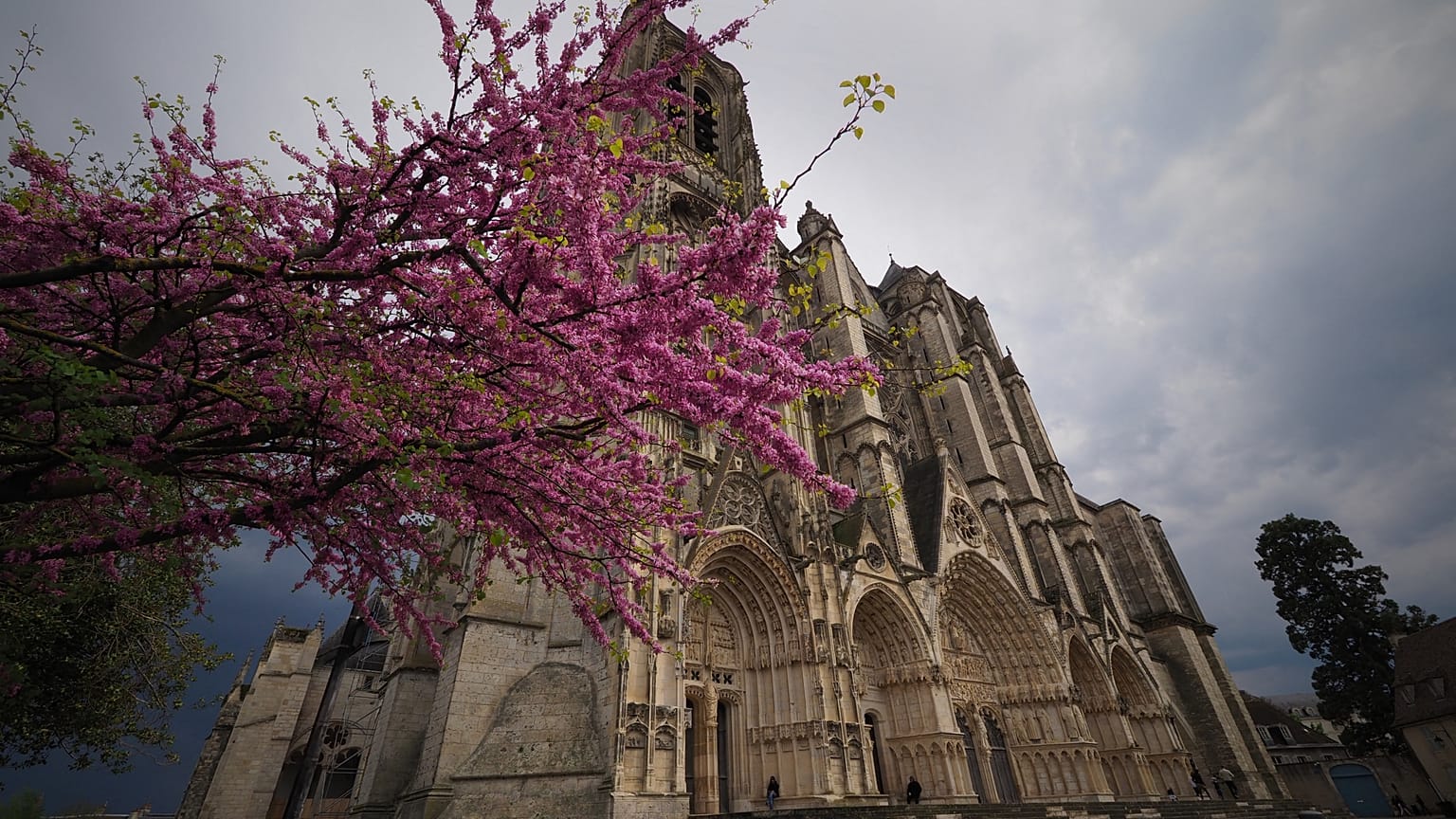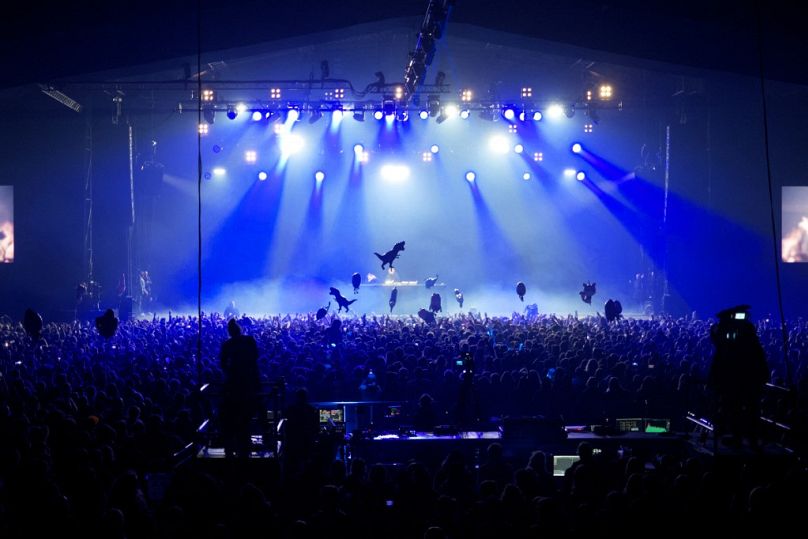France is celebrating being crowned with its fifth European Capital of Culture title. This latest honour will be shared with České Budějovice (Czech Republic) and Skopje (North Macedonia).
We like to bring you news about what lies in store, where to go and what to do so we were very excited to learn that Bourges, capital of the French department of Cher, has been elected European Capital of Culture in France for 2028.
 ADVERTISEMENT
ADVERTISEMENT
 ADVERTISEMENT
ADVERTISEMENT
Ok, some of our team are based in France making it perhaps fair to say we're biased but the small city does have good reason to be given the much coveted title, so let's make our case.
Located in the centre of the country, in the region of Centre-Val de Loire, Bourges has a population of around 64,000.
It is famous for hosting the annual Printemps de Bourges music festival, an event that has become a European reference since its first edition in 1977.
Every year, more than 200,000 people attend this celebration, which takes place over 6 days throughout the city and showcases the latest trends on the music scene.
A sustainable candidature
The mayor of Bourges, Yann Galut, declared in an interview on Radio France that the city's project will be particularly careful with environmental sustainability.
"We believe that in 2028 people will not come to Bourges by plane, but by train, and in particular by night trains across Europe. We have proposed a sustainable development project," said Galut.
In addition, the mayor assures that the project will not involve the construction of "large infrastructures", but the reuse of "places that have been abandoned".
Nine cities in France applied for the title. Bourges competed in the final phase with the cities of Clermont-Ferrand, Montpellier and Rouen. Early in the process, Amiens, Bastia, Nice, Reims and Saint-Denis also applied.
France now has its fifth European Capital of Culture, following in the footsteps of Marseille-Provence (2013), Lille (2004), Avignon (2000) and Paris (1989).
An initiative to unite Europe through culture
The European Capitals of Culture programme began in 1985 to showcase the cultural richness of the continent's cities and promote the shared values that unite them. The project also seeks to generate synergies between the different territories and to highlight the role of culture in the development of cities.
The European Parliament and the Council governing the initiative decided that for 2028 there will be three cities represented: one from France, one from the Czech Republic and a third one from a country in the EFTA/ EEA or EU membership candidate.
After the decision is made, the host countries publish a call for applications, usually through their Ministry of Culture.
The process consists of two rounds. First, a pre-selection in which a list of candidate cities is drawn up. Then, a final selection about nine months later, where a city is recommended for the title. The applications are reviewed by independent experts.
Cities must prepare a cultural programme with a strong European dimension, involving the city's stakeholders as well as its different neighbourhoods and attracting visitors from all over the country and the rest of the continent.
Their programme must have a lasting impact and contribute to the long-term development of the city. Moreover, cities must prove that they have the support of local authorities and the capacity to implement the project.
In 2023, the European Capitals of Culture are Elefsina (Greece), Veszprém (Hungary) and Timisoara (Romania).
The cities to hold the title in 2024 will be Bad Ischl (Austria), Tartu (Estonia) and Bodø (Norway).


















